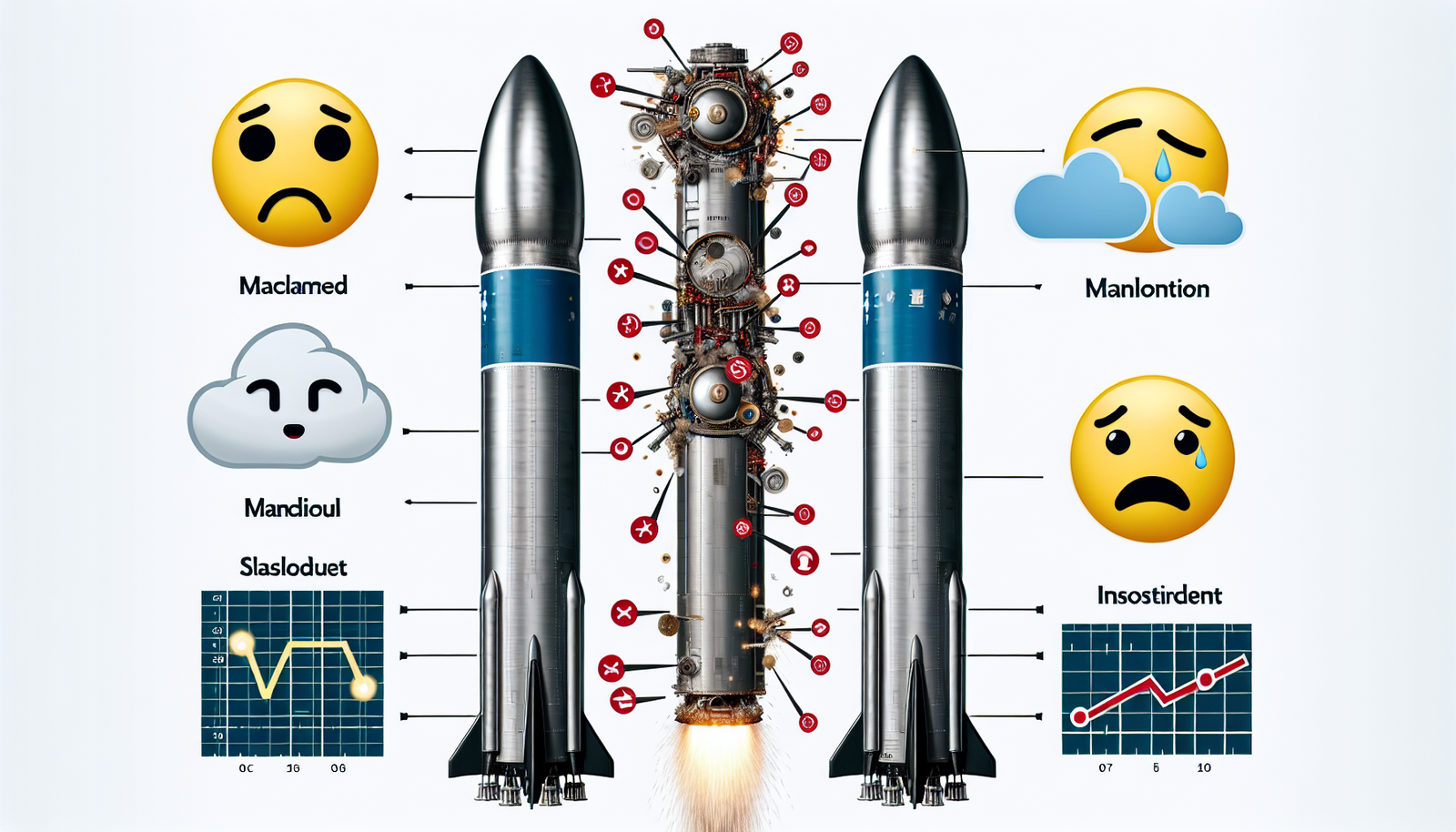SpaceX Investigates Another Falcon 9 Rocket Malfunction
SpaceX is currently examining an issue with the Falcon 9 rocket’s upper stage that led to an unintended reentry into the Earth’s atmosphere, resulting in the rocket’s descent into the ocean outside its planned disposal zone following a recent launch.
On September 30, 2024, the Falcon 9 successfully launched its Crew-9 mission, delivering NASA astronaut Nick Hague and Russian cosmonaut Aleksandr Gorbunov to the International Space Station (ISS). After successfully deploying the Crew Dragon spacecraft, a malfunction in the upper stage occurred. This issue prevented the rocket from completing its planned trajectory back for disposal in a designated area of the South Pacific Ocean, as initially intended.
SpaceX confirmed the issue via a post on social media, noting that after a successful launch, the upper stage inadvertently reentered the atmosphere but landed outside the target area. Safety protocols had been positioned to indicate the fall zone before the launch, aimed at minimizing risks associated with space debris. Typically, most of the rocket disintegrates upon reentry; however, some fragments may survive, which is why targeted disposal areas are crucial.
SpaceX has not disclosed specific details on the malfunction’s cause but suggests that a potential “slight underburn” during the upper stage’s second burn could have led to this off-course trajectory. This incident marks the third such failure in less than three months for the Falcon 9, which had previously maintained an impressive streak of successful missions.
Recent setbacks include a July 11 launch failure that left Starlink satellites in an incorrect orbit and an incident on August 28 where a reusable Falcon 9 booster tipped over after landing. Both situations triggered investigations by the Federal Aviation Administration (FAA), which oversees commercial spaceflight safety.
Despite the current investigation, experts predict that Falcon 9 flights will resume soon. However, this malfunction has already delayed missions vital to interplanetary science, including the upcoming launch of the European Space Agency’s Hera spacecraft and NASA’s Europa Clipper, both of which are dependent on an intact upper stage engine for their trajectories.
As SpaceX conducts these investigations, users and stakeholders within the space industry remain hopeful for a quick resolution, allowing SpaceX to uphold its reputation as a leading launch provider and resume its routine of executing approximately one mission every three days.

